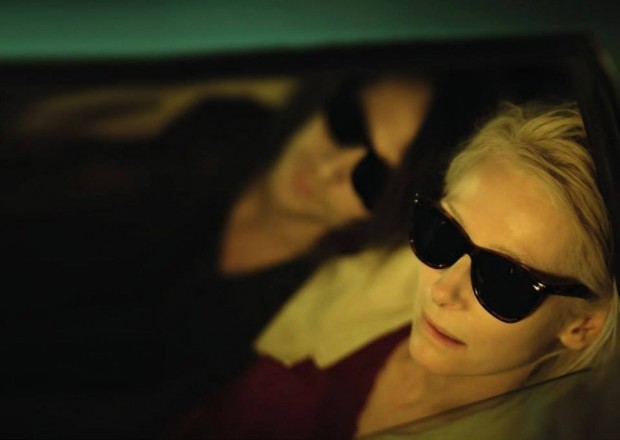
I saw the best film of 2014 in April, but do not take that as evidence of a weak year. It was, in fact, a rather wonderful 12 months of cinema, perhaps the finest in some time. Consider some of the enthralling films that did not make the cut: The Raid 2, The Double, Enemy, Gone Girl, The Trip to Italy, Snowpiercer, Locke, Jodorowsky’s Dune, The LEGO Movie, The Theory of Everything, Joe, Edge of Tomorrow, Life Itself, Palo Alto, Nymphomaniac, Like Father Like Son, Land Ho!, and Big Hero 6. And many came nowhere near a list of the top 15, but offered distinct pleasures: Lucy, Neighbors, Guardians of the Galaxy, Belle, Godzilla, The Skeleton Twins, X-Men: Days of Future Past, The Fault in Our Stars, In Bloom, The One I Love, Blue Ruin, We Are the Best!, and Magic in the Moonlight.
Consider, also, that I have not had the chance, for one reason or another, to see Inherent Vice, Goodbye to Language, Selma, Love is Strange, Calvary, Unbroken, Citizenfour, Pride, and A Girl Walks Home Alone at Night, among others. Oh, and there are also two biggies that were handsome, well-acted, but, to me, disappointing: Foxcatcher and The Imitation Game. Incidentally, the worst film of the year was an easy one — the Cusack-De Niro abomination The Bag Man — but I must also acknowledge the three big-budget wannabe-monsters that wasted time, money, and talent: The Amazing Spider-Man 2, Transcendence, and RoboCop. Now, on to happier thoughts.
Honorable Mentions

10. Ida (Paweł Pawlikowski)
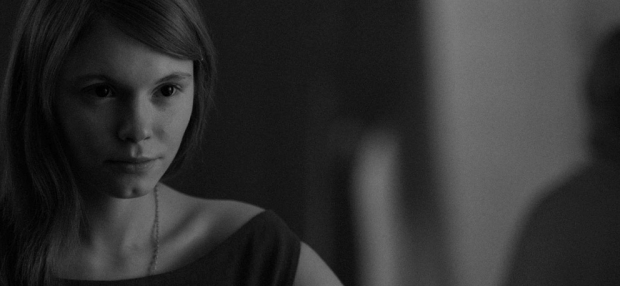
Ida is the definition of a seemingly out-of-nowhere, quietly powerful spellbinder. The performances from Agata Trzebuchowska as Ida and Agata Kulesza as her aunt Wanda rank among the year’s finest, and deserve Oscar consideration. (It’s not going to happen, but they deserve it.) Ida is a haunting experience, with an ending that ranks among the boldest and most engaging of 2014.
9. Nightcrawler (Dan Gilroy)
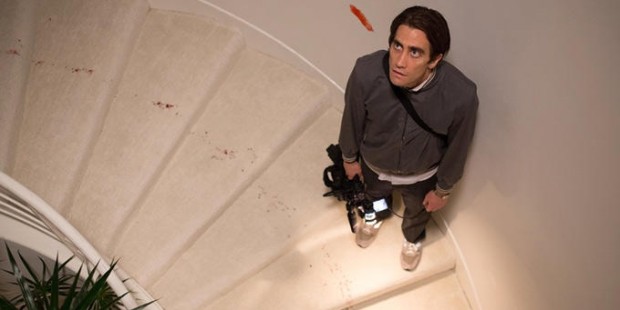
Between Enemy and Nightcrawler, it was one delightfully creepy year of Jake Gyllenhaal. The latter, from director Dan Gilroy, is an incisive, acidic view of the creation of a monster — in this case, Gyllenhaal’s amoral videographer. Watching it at this year’s Toronto International Film Festival was downright exhilarating, as Nightcrawler revealed itself to be more than just a goosebump-y thriller. Indeed, this is bold, go-for-broke filmmaking that will look even more impressive in years to come.
8. Leviathan (Andrey Zvyagintsev)
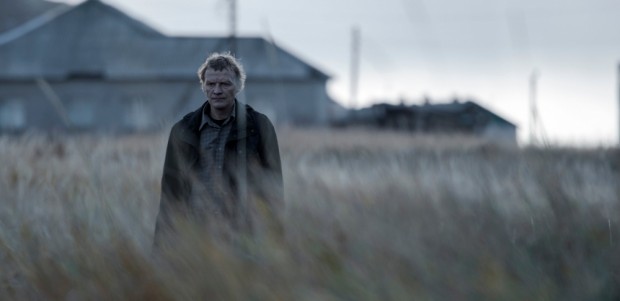
The buzz emanating from Cannes was on the money: Andrey Zvyagintsev’s Leviathan is a Russian tragedy that lingers in the memory. What is perhaps most interesting is how the story slowly develops, moving from small-town politics to gender study and, eventually, a meditation on luck, fate, and violence. The imagery here is unforgettable, and the performances stunning. Leviathan is a dark and incisive look at life in modern Russia.
7. Two Days, One Night (Jean-Pierre & Luc Dardenne)
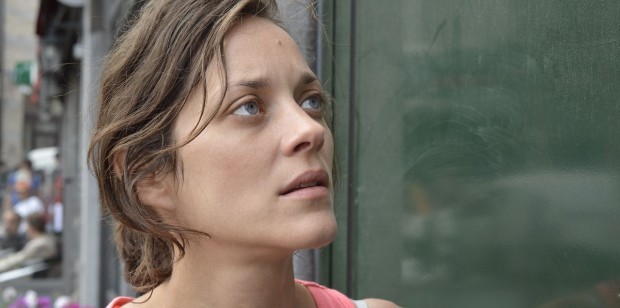
Like the imagery in Leviathan, the faces in the Dardenne Brothers’ Two Days, One Night are unforgettable. Well, one face, actually: that of the great Marion Cotillard. As spare and contemplative as the Dardennes’ best work, Two Days, One Night has an emotional urgency that is almost overwhelming. Cotillard makes the fate of Sandra — a factory worker attempting to persuade her co-workers to give up their bonus, allowing her to keep her job — the fate of the audience. This is her finest performance. And that’s saying something.
6. A Most Violent Year (J.C. Chandor)
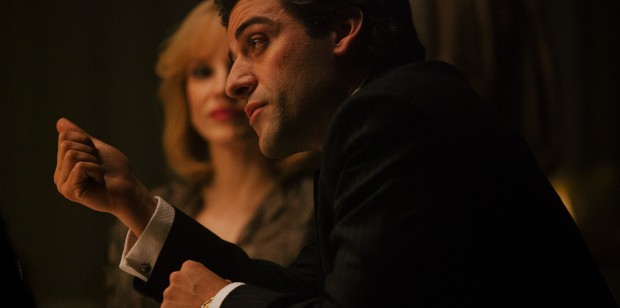
The Sidney Lumet talk is apt, as J.C. Chandor’s A Most Violent Year certainly captures the scope and pulse of the late master’s dramas. But this is a dark-side-of-the-American-dream epic with a reach all its own. Oscar Isaac and Jessica Chastain create the most compelling couple of the year, and by the time the credits role, the viewer feels as if they have just witnessed the most significant moments in the birth of a giant.
5. Birdman (Alejandro González Iñárritu)
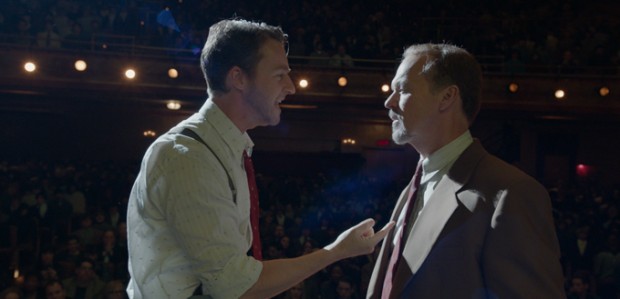
It seemed almost impossible that Iñárritu’s Birdman could live up to the festival hype, but indeed it did. Yes, it is a technical marvel. But, above all else, it is an actor’s showcase. Watching Michael Keaton’s Riggan Thompson levitate, contemplate, rage, and annoy makes the film one of this year’s most pleasurable, and he is equaled by Edward Norton and Emma Stone, especially.
4. Only Lovers Left Alive (Jim Jarmusch)
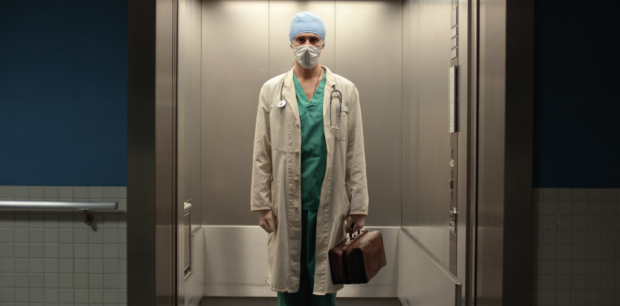
Jim Jarmusch’s romantic, cool, mesmerizing love story is an idiosyncratic gem, and a vampire film that feels utterly, thrillingly fresh. Tilda Swinton and Tom Hiddleston are remarkable as the central couple, the visuals are lush and mysterious, and the soundtrack enhances vistas both urban and exotic. The overarching feel is unmistakably that of a Jarmusch picture, but on a heretofore unreached scale, and its open-ended conclusion is thematically appropriate. It makes the audience feel as if Jarmusch’s dreamlike film could loop back to the beginning, in a circle, and run again, again, and again. How wonderfully fitting.
3. Boyhood (Richard Linklater)
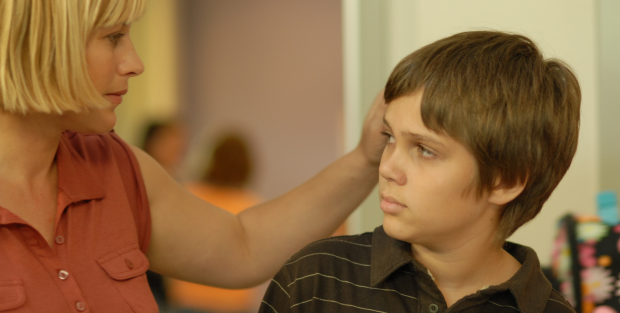
Richard Linklater’s film is one of the finest studies of adolescence ever made, and a remarkable achievement that pulls off something extraordinary: It makes one feel as if you’ve watched a fictional character grow up before your eyes — because you have. Sort of. Admittedly, being a parent made Boyhood resonate on a deep level, but its force is obviously not limited by age or life status. I think audiences have embraced Linklater’s film so strongly because it makes so many other coming-of-age stories seem trite and overblown. By focusing on the little things, Linklater made a film that can speak to nearly everyone.
2. Whiplash (Damien Chazelle)
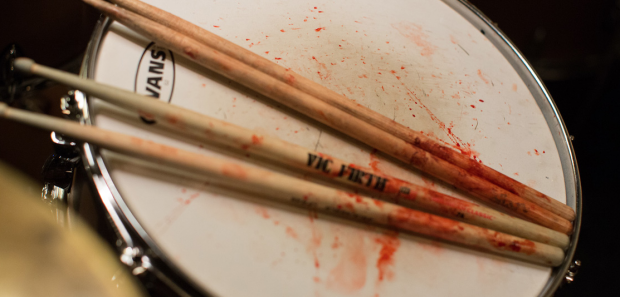
Whiplash is one of the most exhilarating films in years, and certainly one of the finest of 2014. It’s also one that may end up severely misunderstood. Many reviews see the theme as very direct: the only way to become a great artist is through merciless practice, preferably under the tutelage of a tyrant. I’m not sure it is quite so clear-cut. Yes, the movie ends — SPOILER — with Andrew finally winning the respect and approval of the drill sergeant-esque Fletcher. For a few moments, at least. It’s a victory, to be sure, but not necessarily an indication of stardom, or even greatness. This success does not mean director Damien Chazelle necessarily believes it was all worth it, or that he agrees with Fletcher’s methods. It is the appropriate ending, and a great one at that.
1. Under the Skin (Jonathan Glazer)
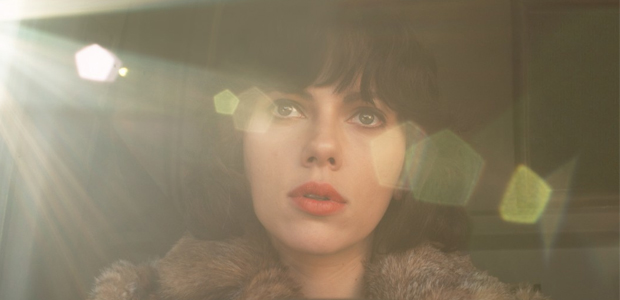
Jonathan Glazer’s Under the Skin is the film I referenced at the start, the one that I saw in April and never stopped swooning over. But what is it, exactly, that makes this film come in so far ahead of any other in 2014? Perhaps it is the way Skin makes the Scottish landscape look positively, well, alien. Maybe it is the incredible performance from Scarlett Johansson, an absurdly fascinating score, and the brain-searing imagery. Or perhaps it is how those elements come together for one entrancing experience. This is the most haunting, complex film of the year, and a sad, disturbing work of art. There are scenes that continue to linger in my memory months after that first viewing — chiefly the sight of a crying baby, alone on the beach. That sequence, and others, still resonate, and they will for some time to come. Quite simply, any year in which there is an Under the Skin is a great year for cinema.

